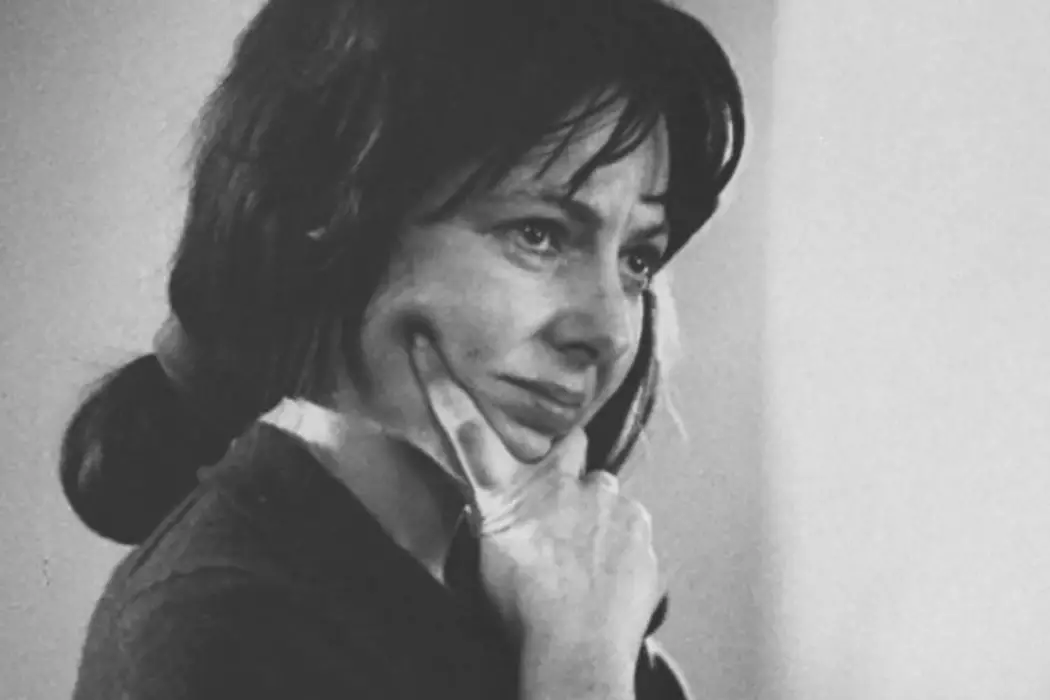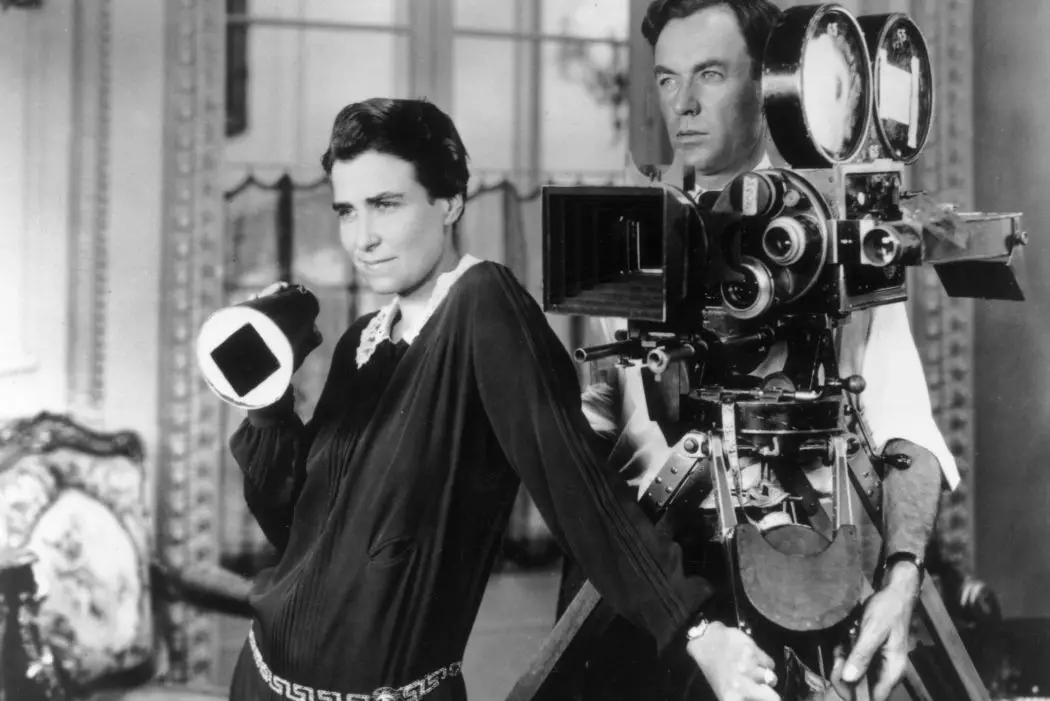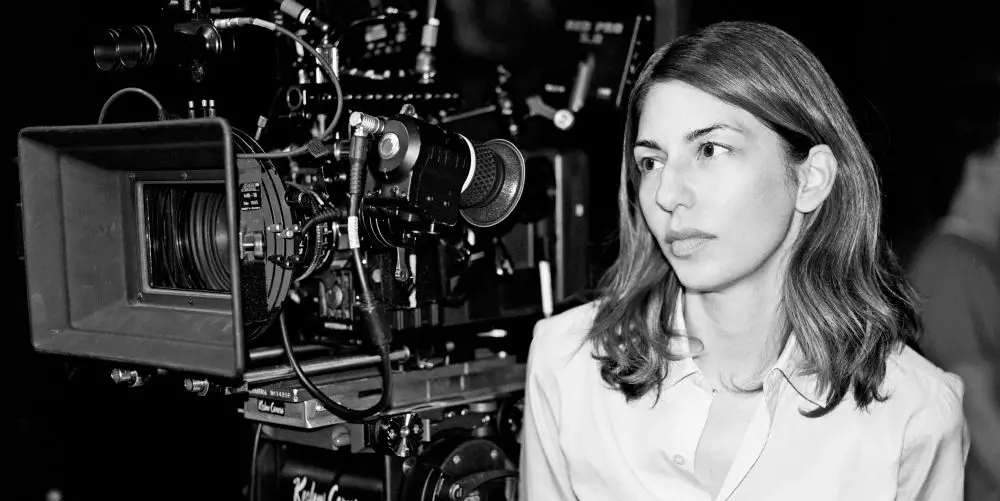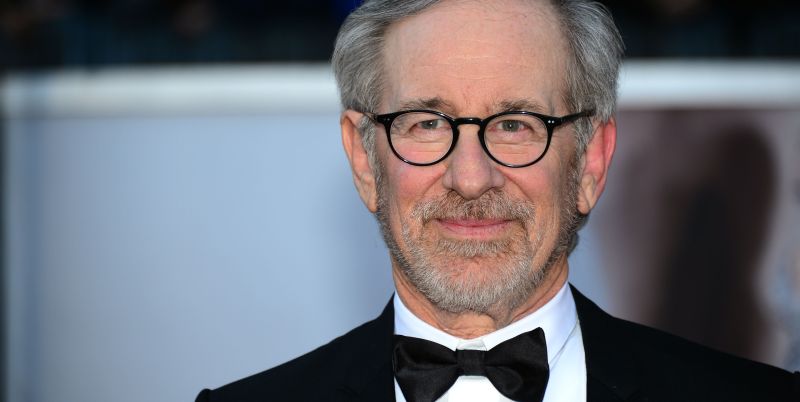career
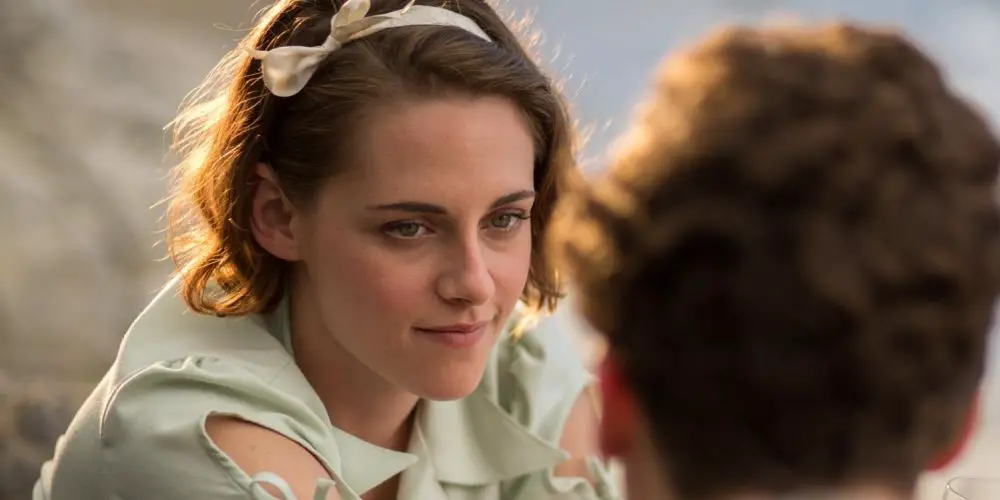
It now appears to be a given that every few years, Woody Allen produces a film hailed by critics as a “return to form”. In keeping with relatively recent late period offerings such as Blue Jasmine, Midnight in Paris and Vicky Cristina Barcelona, Café Society has also been afforded that accolade. Is this lazy journalism or a concise way of communicating that he has again crafted a film that bears the hallmarks of this aging auteur’s better judgement?
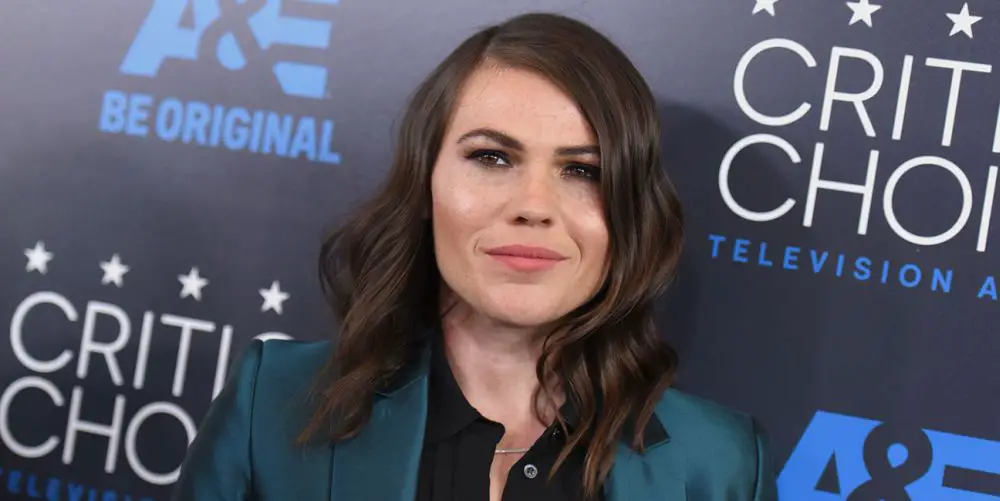
You may not know her by name, but you’ve definitely seen her face and are familiar with her work. She’s been on your small screen and silver screen starring along side Angelina Jolie, Christina Ricci, Zachary Quinto, and Natasha Lyonne to name a few. She may not look as glamorous as your traditional Hollywood starlet and she doesn’t often play the leading role, but Clea DuVall’s natural beauty and talent first grabbed my attention about fifteen years ago on a day I vividly remember.

You may be surprised to learn that David Fincher’s career almost never got off the starting grid. 1992’s Alien 3, a poisoned chalice if ever there was one, turned out to be a torrid experience for the former music video director (he had helmed videos for luminaries such as Jermaine Stewart & Madonna, most famously ‘Vogue’), to the point he genuinely considered giving up filmmaking. What a loss to cinema that would have been.
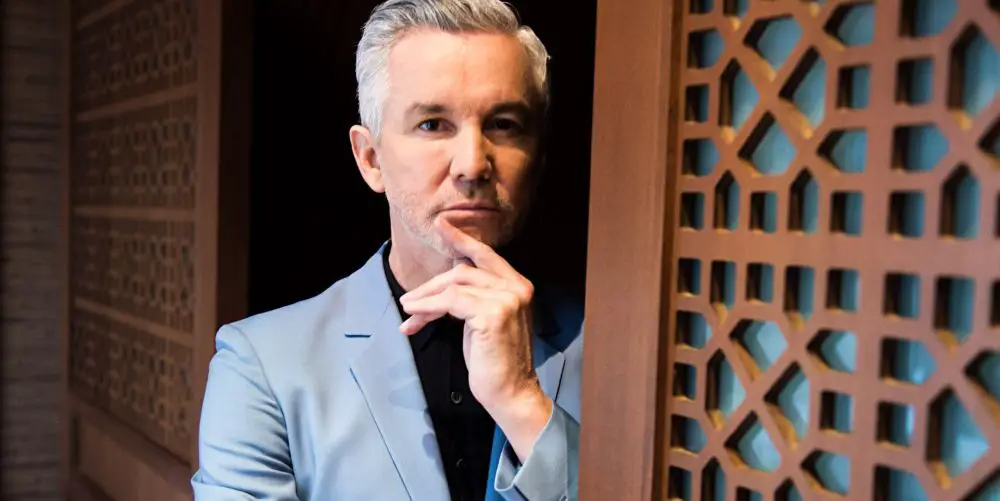
Baz Luhrmann, born Mark Anthony Luhrmann, grew up in the tiny village of Heron’s Creek in New South Wales, Australia, a township which boasted a population of just 312 in 2011. Since then, he has revolutionised the Australian cinema scene and is best known for The Red Curtain Trilogy, comprising of romantic comedy and underdog tale Strictly Ballroom, a modernisation of Shakespearean classic Romeo + Juliet, and Moulin Rouge!, the extravagant and no holds barred musical set in late 19th century Paris.
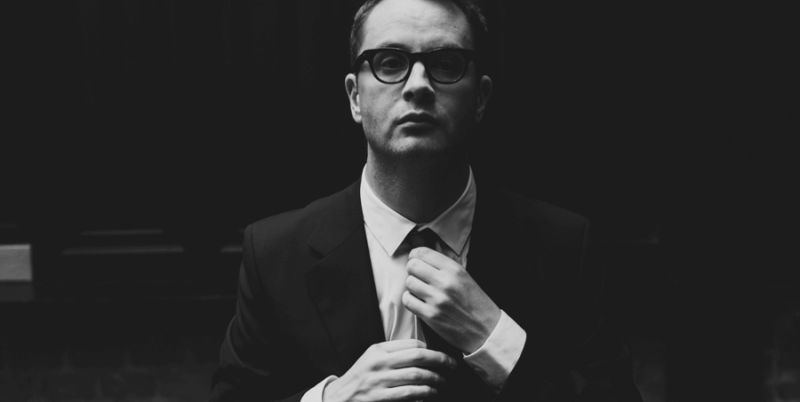
One of the most controversial directors currently working today, Nicolas Winding Refn is a provocative force to be reckoned with. He has an utterly distinctive voice that couldn’t ever be mistaken for anybody else. Each of his films is widely divisive, almost always opening to heated opinion from audiences.
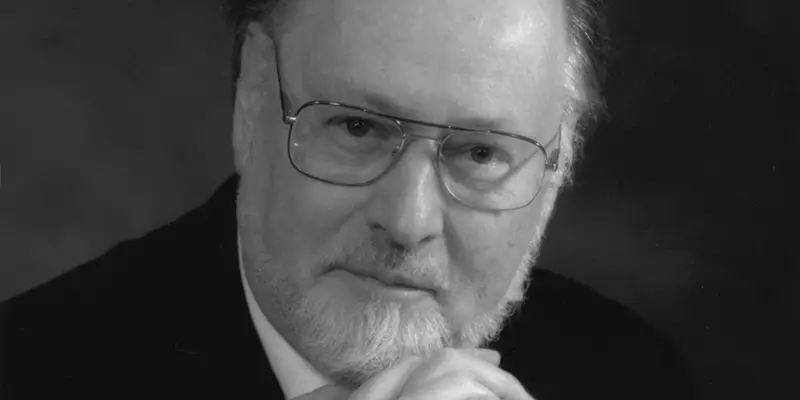
In all production tools of filmmaking, using sound effects is a fundamental factor in capturing a film’s escapist experience and the audience’s reactions. Although sound is not seen on-screen, it does play a crucial role in how films work, and in how it progresses narrative, develops characters and addresses significance. John Williams is an example of a composer whose work has established the importance of music within cinema, and how they play a fundamental role in the entire experience.
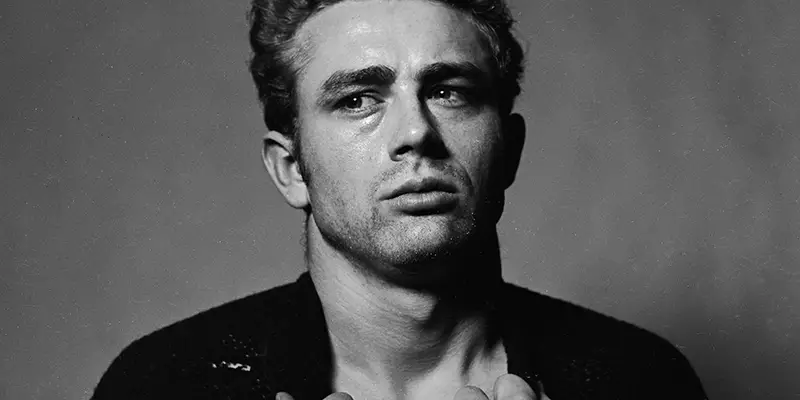
His face adorns posters and t-shirts across the world and, whilst there aren’t many who can likely claim to have seen his films, there aren’t many who haven’t heard his name. James Dean, like Marilyn Monroe, has elevated to the status of cultural icon in much the same way that Kurt Cobain has in the music world. The poster boy for teenage disillusionment, Dean had an experimental approach to life that ran way ahead of his time.
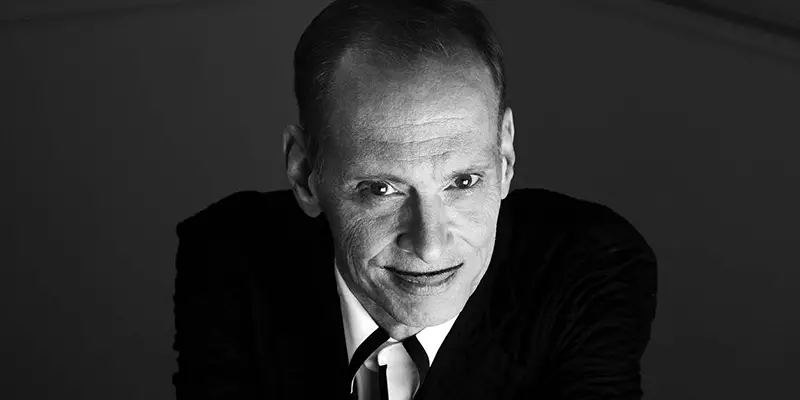
Rarely is a filmmaker as entrenched in infamy as John Waters. Born in Baltimore, Maryland in 1946, the king of counterculture became known in the 1970s for his creative collaborations with the equally infamous Divine and his gang of Dreamlanders. He began work as a director with a series of experimental short films including Hag In A Black Leather Jacket (1964) and the Andy Warhol-inspired Roman Candles (1966).
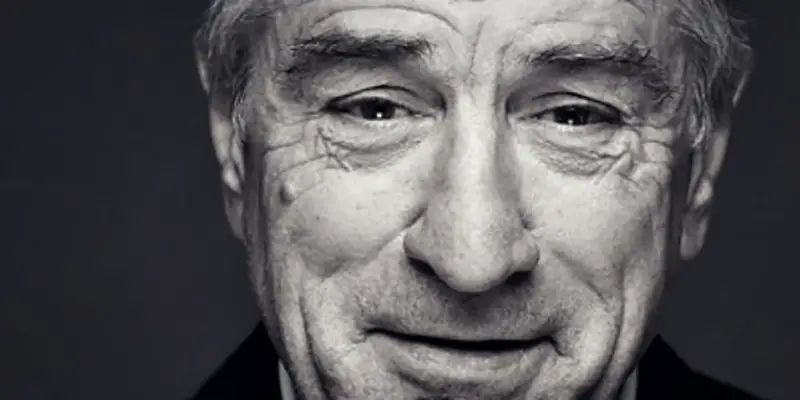
Legend is a word that is batted around pretty easily these days, but one person who is fully deserving of that title is Robert De Niro. One of the most celebrated actors of his generation, the New York born actor has ascended Hollywood’s ranks and is now considered by many to be on par with the likes of Marlon Brando. With seven Academy Awards nominations (two wins), as well as being nominated for eight Golden Globes (one win) and six BAFTAS, De Niro is held in high regard by the industry and public alike, in spite of some questionable career decisions in recent years.


